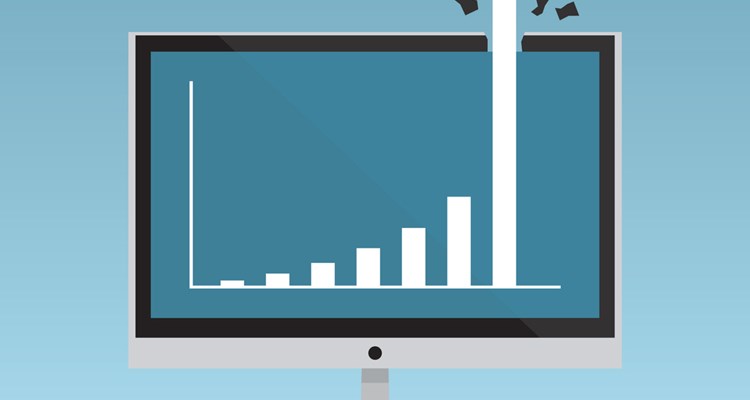The combination of lower mortgage rates and an unusually slow end to 2018 caused mortgage applications to surge to start this year.
The combination of lower mortgage rates and an unusually slow end to 2018 caused mortgage applications to surge to start this year.
Overall volume jumped 23.5 percent last week from the previous week, according to the Mortgage Bankers Association's seasonally adjusted index. An adjustment was also made for the New Year's Day holiday.
A sharp drop in interest rates to the lowest level since April sparked a mini-boom in refinancing. Those applications surged 35 percent week-to-week to their highest level since July.
"Mortgage rates fell across the board last week and applications rebounded sharply, after what was a slower than usual holiday period" said Joel Kan, MBA's associate vice president of economic and industry forecasting. "This drop in rates spurred a flurry of refinance activity — particularly for borrowers with larger loans — and pushed the average loan size on refinance applications to the highest in the survey.”
Mortgage applications to purchase a home also jumped 17 percent last week but were just 4 percent higher than a year ago. Buyers returning to the market after the holidays may have been inspired by the drop-in rates, but stock market volatility and the government shutdown could keep some of those applications from closing.
Just over 10 percent of real estate agents surveyed by the National Association of Realtors said the shutdown was having an impact on their clients. Some reported government employees pulling out of purchase offers and others being denied loans due to loss of income. Some reported nongovernment employees changing their minds on purchases due to overall concern and uncertainty about the economy.
"The housing industry was already facing market challenges before any government closure," NAR chief economist Lawrence Yun said in a release. "The shutdown has made matters worse. A home purchase is a major expenditure that simultaneously involves a high level of excitement and anxiety, and the current government shutdown adds another layer of unnecessary complication to the home buying process."
Source: CNBC
Experts Weigh In on 2019 Trends
Economic uncertainty brought on by global trade tensions, stock market volatility and the government shutdown is putting a damper on the market. In this environment, potential home buyers can be reluctant to make a large purchase such as a house. The last sustained government shutdown in 2013 saw a slump in home sales.
It is too soon to tell whether the recent decline is a temporary lull or a major pullback.
In their forecasts for 2019, experts anticipate the housing market slowing down, but not stalling, with prices and mortgage rates moderating.
“If mortgage rates trend sideways next year, as we anticipate, and home price appreciation continues to moderate, improving affordability should breathe some life into the housing market,” said Doug G. Duncan, chief economist at Fannie Mae.
The National Association of Realtors expects home sales to flatten and home prices to continue to increase, though at a slower pace.
“The forecast for home sales will be very boring — meaning stable,” said Lawrence Yun, NAR chief economist.
“Home-price appreciation will slow down,” Yun said. “The days of easy price gains are coming to an end, but prices will continue to rise.”
“Rising mortgage rates will set the scene for the housing market in 2019,” said Aaron Terrazas, senior economist at Zillow. “They will affect everyone, driving up costs for home buyers and creating more demand for rentals. Even current homeowners could start to feel locked into their mortgage rates.”
Builders face significant head winds because of the “five Ls” — labor, lots, laws, lending and lumber. A labor shortage, lack of buildable lots, onerous regulations, strict lending and tariffs on supplies such as lumber have increased their costs.
Source: Kathy Orton
